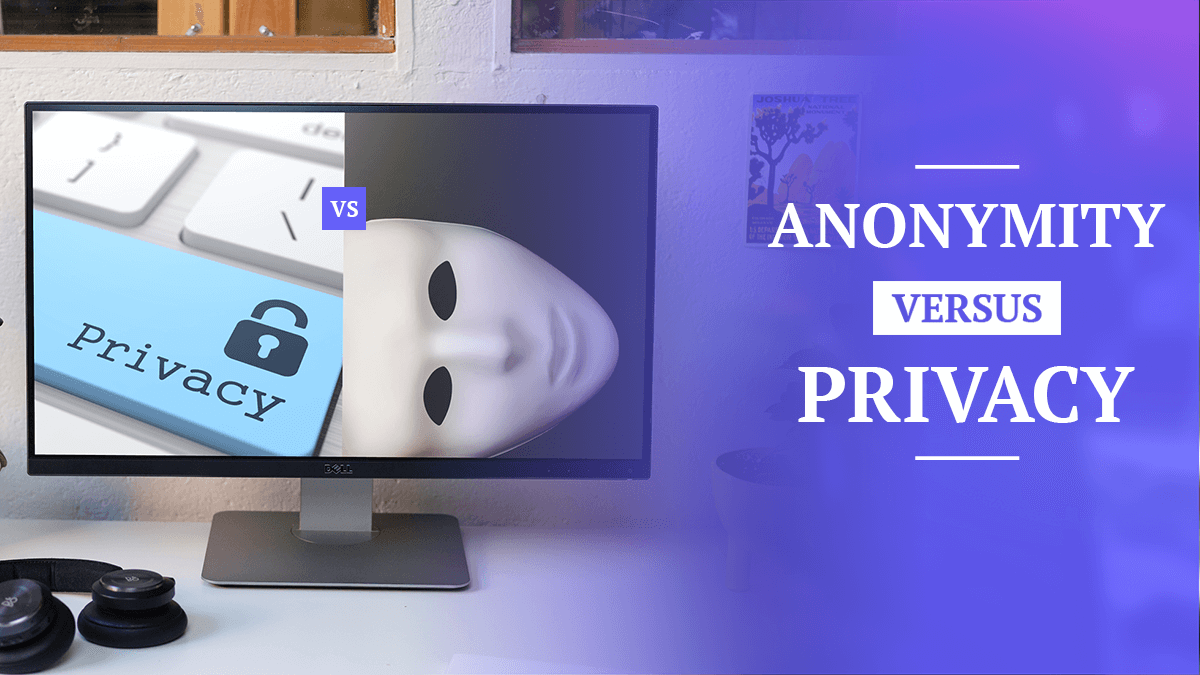Online Privacy Isn’t Enough — Why You Need Anonymity Too
Let’s be honest — if you’re online, you’re being watched. Maybe not by some trench-coated agent, but by apps, websites, ad trackers, algorithms, and probably your smart toaster. And if you think you’re safe because you clicked “incognito mode,” you’re not even scratching the surface.
Here’s the real story: privacy and anonymity are not the same thing. And unless you understand the difference, you’re playing defense with the wrong gear.
What Privacy Really Means
Privacy is about control. It’s the right to decide who sees your data, what they do with it, and when they can access it. Think of it like closing your blinds at home — you’re not doing anything wrong, but that doesn’t mean you want people looking in.
When you turn off location sharing, use encrypted apps like Signal, or deny an app permission to snoop through your photos, you’re exercising privacy.
But here’s the thing: most modern apps and devices are built to chip away at that control. They track what you click, how long you hover over a post, what you say, where you go — and they use that data to target, predict, and sometimes manipulate you.
And no, you’re not “too boring to track.” If you have an internet connection, your data is valuable to someone — advertisers, data brokers, even governments.
Anonymity: A Different Kind of Protection
Now let’s talk about anonymity — a totally different beast. While privacy is about saying “this info stays with me,” anonymity is about making sure nobody knows it’s you in the first place.
Think of a protestor using a fake name online, a whistleblower leaking sensitive documents, or just someone who doesn’t want a social media algorithm figuring out their bedtime. They’re not just hiding what they do — they’re hiding who they are.
Tools like the Tor Browser and Tails OS are built for that. So are burner phones, anonymous email services, and privacy-first VPNs like Mullvad, which doesn’t even ask for your email address.
But here’s the trade-off: anonymity isn’t just for the good guys. It can shield activists — but also trolls and cybercriminals. That’s the messy part. It’s not black and white.
Why You Need Both
You can be private but not anonymous. Like when your doctor has your medical history — it’s private, but it’s clearly linked to you.
Or you can be anonymous but not private. Like when you post under a fake name on a forum that still logs your IP.
Real freedom online comes from combining both. Privacy gives you boundaries. Anonymity gives you a mask. Together? That’s your shield in a world that profits from your digital footprints.
Tools to Take Back Control
Here are some tools that actually help — and not in the “clear your cookies once a week” kind of way:
Tor Browser – Free, open-source, and built for staying anonymous.
Tails OS – A full operating system that forgets everything after you shut it down.
Signal – Encrypted messaging with disappearing messages and no data logging.
ProtonMail or Tutanota – Email providers that don’t spy on you.
Mullvad VPN – One of the few VPNs that doesn’t want your email, phone number, or even name.
Monero (XMR) – A privacy-first cryptocurrency that’s harder to trace than Bitcoin.
Pro tip: Don’t rely on just one tool. Stack them. Tor + a VPN + Tails? That’s like putting on an invisibility cloak in a world of digital billboards.
The Real Bottom Line
Here’s what nobody tells you: privacy is your right, not a bonus feature. And anonymity? That’s your backup plan when everything else fails.
So stop thinking you’re safe just because you turned on Do Not Track or deleted some cookies. Start asking the real questions. Who has your data? Who profits from it? And what happens when it ends up in the wrong hands?
Because at the end of the day, this isn’t just about protecting files — it’s about protecting your freedom to think, speak, and exist online without being followed.
Once that’s gone, it’s not just your data that disappears — it’s your power.
Discover more from CyberAwareHub
Subscribe to get the latest posts sent to your email.

